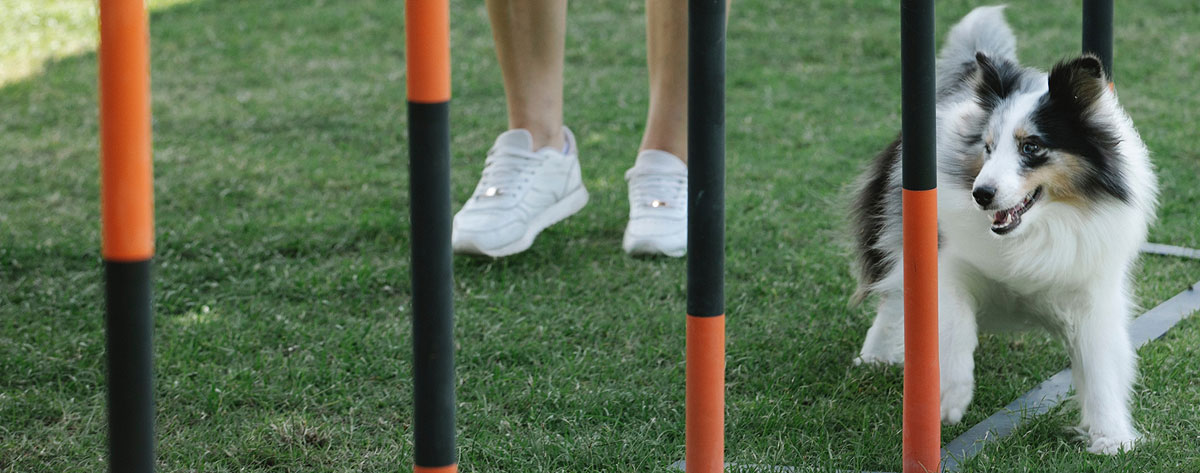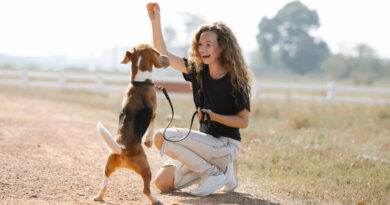Unlocking Canine Brilliance: The Role of Cognition in Dog Training
Introduction:
When it comes to dog training, understanding the importance of cognition is key to addressing the root cause of undesirable behaviors. Our furry companions possess remarkable cognitive abilities that, when nurtured, can help them become well-behaved and mentally stimulated pets. In this article, we will explore the significance of improving cognition in dog training. So, grab a treat, engage your dog’s curiosity, and let’s embark on a journey to unlock their true potential.
The Power of Cognition:
Cognition refers to a dog’s mental processes, including perception, memory, problem-solving, and learning. By focusing on cognitive development, we can tap into their innate intelligence and enhance their understanding of the world around them. This approach not only addresses behavioral issues but also promotes mental stimulation and overall well-being.
Understanding the Root Cause:
Addressing undesirable behaviors requires more than just surface-level training. It’s important to dig deeper and identify the underlying causes. Many behavioral issues stem from a lack of mental stimulation and cognitive challenges. Dogs may engage in destructive behaviors or excessive barking due to boredom or frustration. By improving cognition, we can address these root causes and create a more fulfilling environment for our furry friends.
Mental Stimulation and Enrichment:
Incorporating training techniques that focus on cognition can greatly benefit your dog’s behavior. Use positive reinforcement methods that reward desired behaviors and encourage them to think and make choices. For example, teach your dog new tricks or commands that require them to use their cognitive skills, such as “find it” games or object discrimination exercises. This approach not only improves their behavior but also strengthens the bond between you and your furry companion.
The Role of Scent Work:
Scent work is an excellent way to enhance cognition in dogs. Their incredible sense of smell allows them to engage in activities like tracking, searching for hidden objects, or participating in nose work classes. These scent-based activities provide mental stimulation, boost confidence, and help channel their energy into a constructive outlet. By engaging their olfactory senses, we tap into their cognitive abilities and provide a fulfilling experience.
Problem-Solving and Decision-Making:
Incorporate problem-solving activities into your dog’s training routine. Set up simple puzzles or challenges that require them to figure out a solution, such as navigating through an obstacle course or finding a hidden treat. These activities encourage decision-making, critical thinking, and cognitive development. By allowing them to explore and make choices, we empower them to become active participants in their training.
The Benefits of Cognitive Training:
Improving cognition has numerous benefits beyond behavior modification. It enhances a dog’s ability to learn and adapt, boosts their confidence, reduces anxiety and boredom, and promotes overall mental well-being. Dogs that are mentally stimulated and cognitively challenged tend to exhibit fewer unwanted behaviors as they are fulfilled and content.
Conclusion:
Incorporating cognitive training into your dog’s routine is a game-changer in addressing behavioral issues and promoting overall mental well-being. By engaging their intelligence, problem-solving abilities, and decision-making skills, we address the root causes of undesirable behaviors. Mental stimulation, interactive play, scent work, and problem-solving activities foster cognitive development and create a harmonious bond between you and your four-legged friend.
So, embrace the power of cognition in dog training and unlock your dog’s true potential. Provide them with the mental challenges and enrichment they need to thrive. Witness not only their improved behavior but also their overall happiness and well-being.
=====> Start Your Dog Training Journey Today, Click here.


